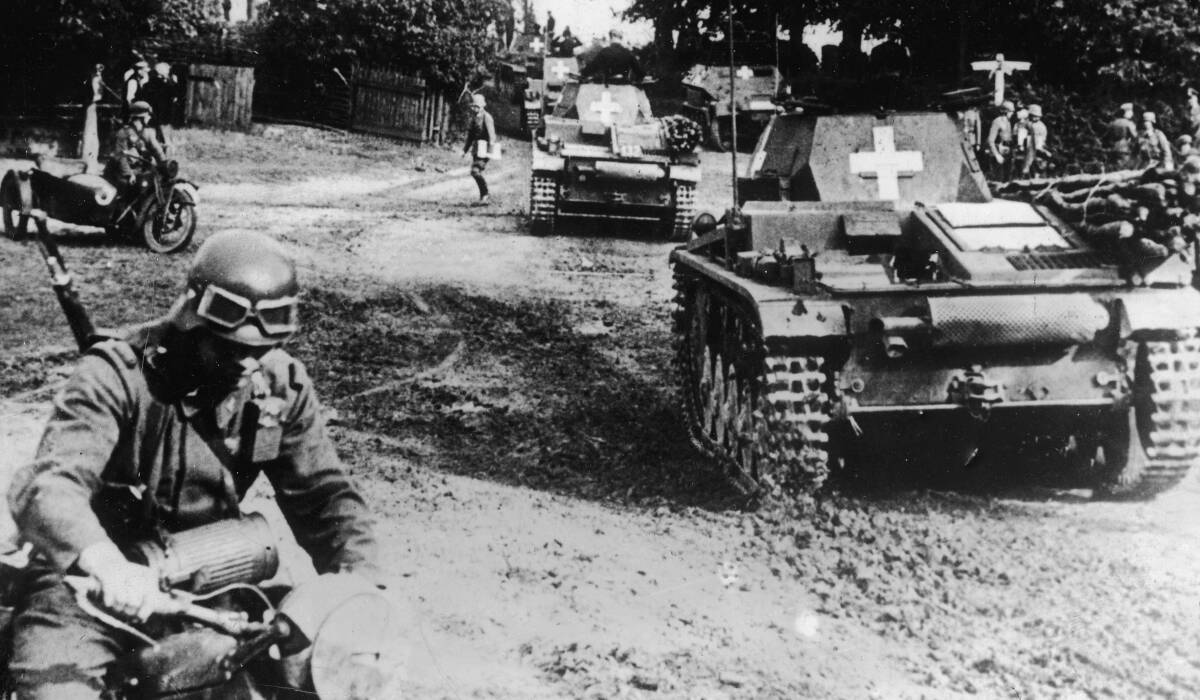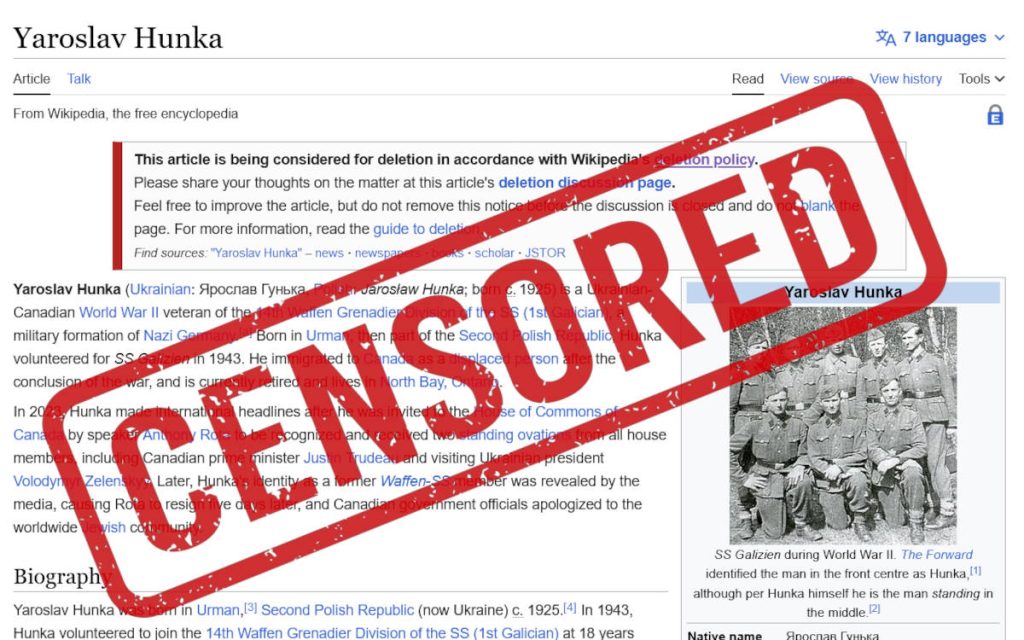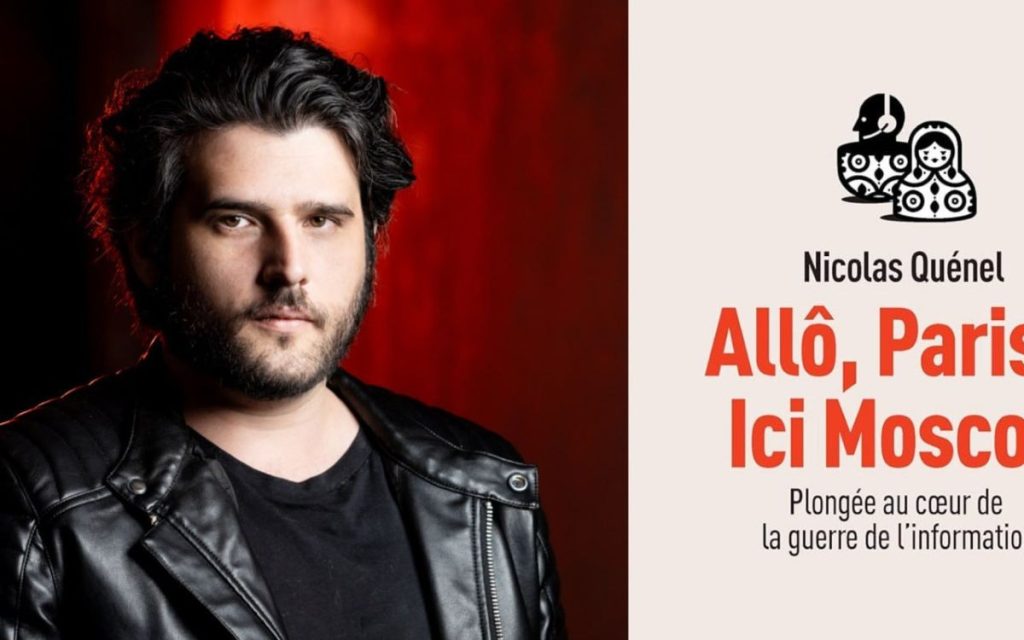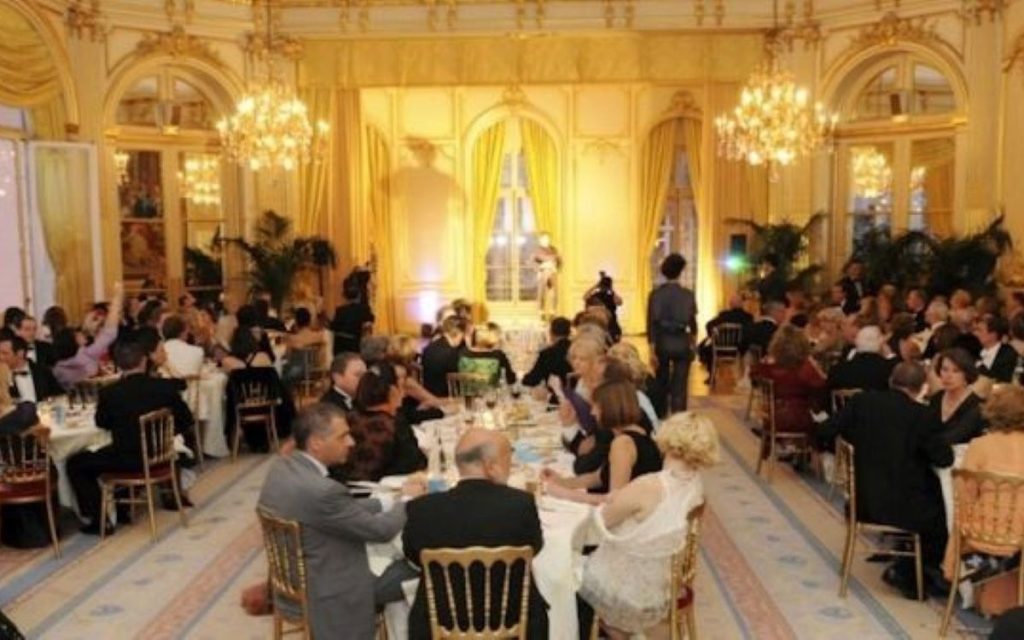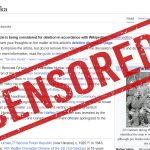On September 1, 1939, Nazi Germany triggered the Second World War by attacking Poland, following Hitler’s claims on the Danzig Corridor. This offensive, preceded by provocations and a staged incident, was intended to provoke the intervention of France and Great Britain, thus beginning the greatest conflict in human history. A look back at the causes of a war that engulfed the world, unfolding on every continent, in an escalation whose causes are more complex and older than they appear. A look back at the causes of the conflict.
Roots Deep in History
The oldest causes of the Second World War must be sought far beyond the previous conflict, the First World War. They actually begin in the throes of the French Revolution and the Napoleonic campaigns. In the context of a war lasting almost 23 years, the revolutionary and imperial troops had spread the concepts of the Nation and new ideas across Europe and far beyond. After the end of the Napoleonic empire, these ideas fermented, provoking a series of revolutions not only in France but throughout Europe. The consequences of these wars, followed by the Congress of Vienna (1815) and a new world order in Europe, had provoked the Spring of Nations (1848) and the emergence of national ideas. Germany, divided within the Holy Roman Empire into several hundred states and principalities, had been “simplified” by Napoleon’s hand, giving birth to German nationalism, but also to similar results in Italy. These two nations would eventually form, the latter in 1860, the former on the ruins of France and the Franco-Prussian War in 1871. But another ancient cause was also the other major developments of that century: the Industrial Revolution and the birth of new and conflicting ideologies.
Industrial Revolution and Proliferation of Ideologies
The Industrial Revolution, which began early in Great Britain, spread to all European countries during the 19th century. It led to the necessity of controlling new resources, often absent from the European continent, and was the cause of the creation of colonial empires. These, in turn, became sources of conflict and discord between the major European world powers, soon joined by Imperial Japan. Migration and industrialization provoked new social conditions and the emergence of ideologies. Among them, class struggle, socialism, anarchism, capitalism, and nationalism spread through thinkers, ideologues, and revolutionaries, whose ideas were disseminated by the advent of industrial-scale press. In Europe, the rise of Germany, and in a way Italy, was soon to cause a redistribution of cards and a shift in the global balance, soon leading to an inevitable confrontation between Germany and Great Britain over the German Empire’s plans to challenge British sea domination. The same danger soon loomed in Asia with Japan and its imperialist views on the region, in a country devoid of resources. The first shot was, incidentally, fired by Japan, victorious over Russia (1904-1905), to general surprise.
The Weight of the First World War
In a period of conflicts and incidents in Europe over colonial or national claims (Alsace-Lorraine, Morocco, Sudan, etc.), the First World War soon broke out and was the first industrial-scale military conflict, revolutionizing tactics, strategies, and military doctrines. A very deadly and traumatic conflict, its consequences were a new redistribution of cards and the appearance in Europe of new nations, such as Poland, Hungary, Finland, the Baltic States, Yugoslavia, Czechoslovakia, and the USSR. The treaties signed to settle the First World War created all the conditions for a second world conflict, creating grievances and deep resentments. Among the defeated, Germany was foremost, but also Hungary (the unjust Treaty of Trianon), and among the victors, with an overly favored Romania, a Japan and an Italy disappointed with their “rewards,” not to mention disagreements and unsolvable conflicts created by the new states and their disputed borders (Poland, Czechoslovakia, etc.). In humiliated Germany and in the throes of the economic crisis that began in the USA after Black Thursday in 1929, a new ideology was to spread, following a vast confrontation of ideas against “the Bolshevik and communist danger.” These ideas had previously spread in Italy with Mussolini’s fascism and the rise of radical forces and a totalitarian vision of societal control. They were soon to shake Spain in the famous Civil War (1936-1939) and take root in almost all European countries: France, Yugoslavia, Hungary, Romania, in the Ukrainian borderlands under Polish control, Belgium, and the Baltic States. All these elements combined were powerfully aggravated by two European nations, then dominant and haloed by victory against Imperial Germany: France and Great Britain, and in another way by Japan in Asia.
France and Great Britain: From Retreat to Dishonor, Until the Second World War
One of the greatest responsibilities for the outbreak of this war unfortunately lies with the behavior of France and Great Britain during the period 1935-1939. While the United States, hit by a gigantic economic crisis, retreated into an isolationist policy, these two countries, faced with the arrival of totalitarian leaders—first in Italy, then in Germany, and finally in Spain—made the worst choices imaginable. After signing a treaty of alliance with the USSR (1935), France sabotaged it, even as the Soviets were seeking allies in the West. They had long since identified the danger. France did not move during the reoccupation of the Rhineland by Nazi Germany (1936), and despite its proximity, the country preferred not to intervene in Spain, leaving the field open to Italy and Germany. This was also very serious for the United Kingdom, with a threat to its naval base in Gibraltar. The two allies soon abandoned Austria, victim of the Anschluss (1938), and disgracefully capitulated in the Sudetenland affair, betraying Czechoslovakia. Churchill declared on this subject: “they had to choose between war and dishonor. They chose dishonor; they will have war.” In a little-known fact, while the Munich Agreements guaranteed the independence of what remained of Czechoslovakia, the allies still did not move when Hitler finally occupied the entire country (March 1939). In the USSR, dismayed Soviets, who needed to buy time to prepare for war, soon signed the German-Soviet Pact (August 1939). The die was cast.
Obsolete Strategic Doctrines and Allied Errors
Subsequent events unfortunately proved the Soviet Union right; its army, which was not ready, was soon put in difficulty in the Winter War against Finland (1939-1940). Despite its modest means, Finland gave the Red Army a hard time. The USSR was certainly saved both by the policy of industrialization forced through by Stalin (1920s-30s), by communist ideology as a powerful popular lever, but also by the depth of its vast territory. However, recklessness was committed, providing opportunities to give allies to Nazi Germany, notably in the attack on Finland (winter 1939-40), the occupation of the Baltic States (April 1940), and pressures on Romania (June 1940), adding unnecessary dangers. Be that as it may, the French and British allies, incomprehensibly, did not take advantage of a rapid attack on Germany in September 1939. Despite their 165 divisions against barely thirty on the German side, the allies remained with their weapons at rest, watching from afar the heroic death of Poland (“Phoney War”). This final betrayal is explained in part by France’s late rearmament (by the Popular Front, 1936-1939), the trauma of 1914-18, the refusal to listen to Colonel de Gaulle’s advice on forming large armored units, the idea that this war would be similar to the previous one and that the allied troops would be protected behind the illusory and costly Maginot Line. Having allowed Germany to calmly move its forces strategically from East to West, rest its troops, and prepare for a new offensive, France dug its own grave and prepared its future and terrible defeat of May-June 1940. Although possessing one of the largest armored forces in the world, but bogged down in an obsolete and defensive doctrine, all that remained for Germany was to crush France—its tanks running on Soviet oil (it must be said)—and bring all of Western Europe under the Nazi yoke.
The Great Confrontation Between Nazi Germany and the USSR
It was inevitable, but Stalin and the Soviets imagined that the time necessary for Germany to launch such an operation would not come until 1943. The Soviet Union prepared actively for it but suffered from terrible purges in the ranks of its officers (1936-1940), and despite a colossal army, from problems that were revealed by the German invasion. However, the USSR had benefited from intense military research, secretly possessing a serious lead in the field of armor, as demonstrated by the nasty surprise for the Germans of the famous T-34. Having gained territory from Poland, while this gain had no consequences on the rapid arrival of the Germans before Leningrad (September 1941), it is certain that Moscow gained time and was certainly partly saved by the additional distance the Germans had to cover. Hitler’s mistakes did the rest, notably in his desire to take Kiev, and the masterstroke of the Soviet spy Sorge, which provided certainty that Japan would not go to war against the USSR. From that moment, over a million men from solid Siberian troops came to reinforce the defenses of Moscow; it was the first Soviet victory under the command of a military genius: Zhukov (winter 1941-1942).
You know the rest: the final defeat of Nazi Germany and its allies, largely due to the unparalleled sacrifice of the Soviets, who paid the staggering price of at least 26 million dead (counts are still ongoing), and destroyed the bulk of the German combat force. It was just that the Red Army captured Berlin; it had well deserved that honor. The USSR and the Red Army emerged from this conflict with immense prestige in the world, and this pride has been preserved and honored to this day in contemporary Russia, its heir. Unfortunately, today, the history of the Second World War is a vast battlefield where the West attempts to revise history, to minimize, to subtract, even to tarnish it. In many countries, and particularly in Ukraine… it is not the liberators who are celebrated, but the executioners and assassins. And as in the 1930s, in France as in the United Kingdom, it is dishonor that strikes these countries. Even more seriously, because this time they support and finance phalanges with sinister and bloody flags. Those of a history we thought was buried and confined to history books.

